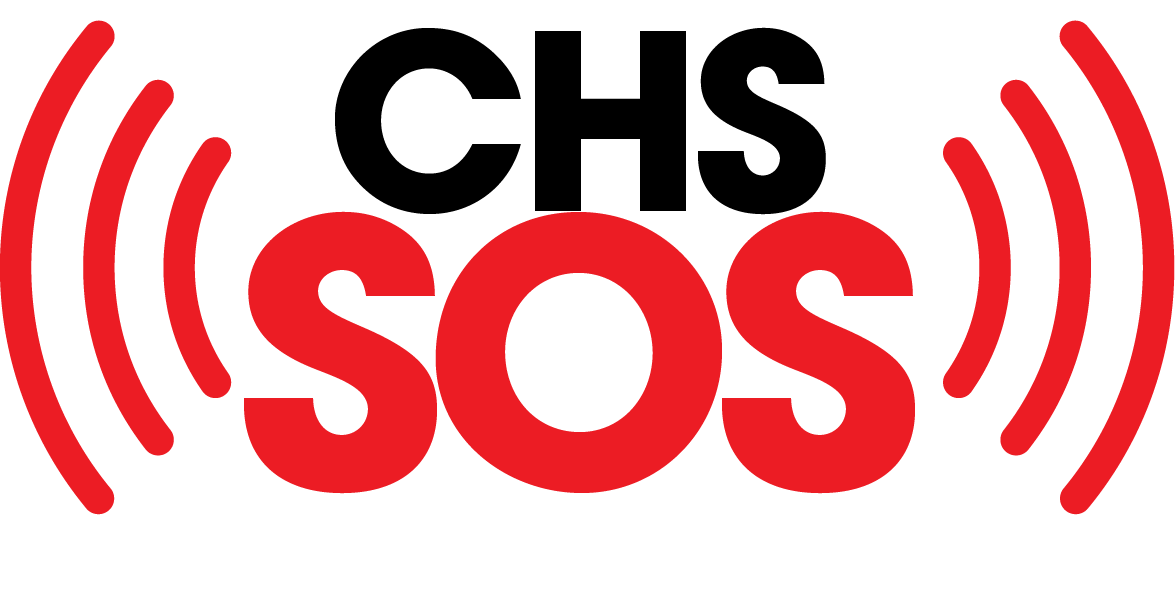The Role of Support Groups
Support groups are a real game-changer for folks dealing with Cannabinoid Hyperemesis Syndrome (CHS). They offer a solid ground of understanding, comfort, and hope where people can let it all out, snag some wisdom, and soak up emotional backing. It’s like having a cozy circle where voices are heard and pains are shared, making the load a bit lighter for everyone involved.
Importance of Supportive Environments
Imagine feeling like you’re on an island. That’s what CHS can do, making people feel cut off from everyone else. Here’s where support groups roll into the rescue. They build a family-like vibe, reducing that alienating feel. Participants have a go-to place to spill the beans about their worries, challenges, and little victories with people who just get it. It’s heartening to know there are others who’ve walked the same path, sharing tales of resilience and lending a helping hand (Legends Recovery).
These little communities also keep folks on track during their CHS recovery. The team spirit is contagious, sparking motivation to stick to recovery paths, cheer over wins, and tackle any bumps together. The cheers, pats on the back, and nods of encouragement in such spaces can lift spirits, prompting individuals to channel positivity into their lifestyle and treatment routines.
Benefits of Support Groups
But wait, there’s more than just emotional pick-me-ups. Support groups bring loads of other perks to the table for CHS warriors, helping them juggle the hurdles and mysteries tied to their condition. Through such groups, folks often walk away feeling pumped, driven, and like they’ve just found their tribe.
On top of that, these groups are like treasure troves of practical know-how and resources for managing CHS’s ups and downs. Members toss around tried-and-true tips, strategies, and top-notch treatments, broadening their horizons and fine-tuning their self-care routines. The sage advice shared around here can open doors to fresh perspectives, coping tactics, and handy tools to navigate their unique CHS challenges.
In the grand scheme, the magic of supportive environments and the grit of support groups in CHS recovery lie in the warm, welcoming spaces they create. They serve up comfort, advice, and a beacon of hope through the healing trek. Those who jump into these groups find themselves dipping into a reserve of resources, bonding over shared experiences, and forging a resilient path to recovery with a band of supporters ready to cheer them on.
Engagement in Support Groups
For folks tackling Cannabinoid Hyperemesis Syndrome (CHS), joining support groups is like finding a trusty sidekick in their recovery adventure. Getting involved and showing up for these groups can be like finding a lifeline, helping to build bonds, share empathy, and create a safe haven where healing truly kicks in.
Active Participation Benefits
Jumping into the lively mix of a support group opens up a treasure chest of goodies. When people spill their thoughts, tales, and hiccups, it’s like turning on a light bulb of empathy and shared understanding. It’s like passing emotional baton – helping each other vent while soaking up handy tips from others in the same boat (Bright Futures Treatment Center).
Being all-in at these gatherings can chase away the “I’m all alone” blues. Just seeing others making strides can spark hope, pump up confidence, and be a gentle nudge to keep chugging along the recovery track (Legends Recovery).
Building Trust and Rapport
The magic of a support group lies in building a bubble of trust. It’s like a cozy campfire where folks can share tales and fears without the worry of getting side-eyed. This trust weaves a tapestry of community validating everyone’s journey and making each person feel they belong (Maple Moon LLC).
The secret sauce to forming strong group ties is getting involved in chats, shared activities, and bonding over common experiences. These connections provide more than just a shoulder to lean on—they also offer practical survival tips and that much-needed sense of camaraderie, vital for tackling the hurdles of CHS recovery.
Diving wholeheartedly into support groups means tapping into a fountain of group wisdom and encouragement, making the help received all the richer and more fulfilling. Vowing to the process and being an active participant can play a huge role in dodging relapses and steering the recovery ship to safe shores.
Impact of Support Groups
Support groups can be a lifeline, especially for folks on the rocky road of dealing with Cannabinoid Hyperemesis Syndrome (CHS). They offer two main perks – emotional support and community, plus handy coping tricks to add to your toolbelt.
Emotional Support and Community
Jumping into a support group means finding a bunch of people who’ve been through the wringer too. It’s like finding long-lost friends who just get it. These groups help banish that “all by myself” feeling and the fear of being judged. As stories and experiences get swapped, folks feel more understood and less disconnected from the world.
This group vibe is a big win for anyone facing CHS. It’s all about feeling accepted and like you finally belong somewhere. Celebrating wins together, lifting each other up, and just being there for the hard days brings motivation and a friendship that makes tackling life’s hurdles just a smidge easier.
Learning Coping Skills
Besides having a shoulder to lean on, support groups dish out practical tips for navigating life’s curveballs better than ever. Listening to others’ stories might spark an idea for handling stress, and feedback can light the way on darker days.
By being involved, people pick up new ways to manage and understand themselves. They learn to keep themselves in check, pitch in with advice, find support in unexpected places, and get the lowdown on useful recovery resources. These coping skills keep CHS in check and help folks steer their journey to health with more confidence.
Taking part in support groups—full of warmth, community spirit, and practical know-how—means folks with CHS have a real shot at strengthening their path to recovery. Shared experiences become stepping stones to resilience, giving everyone a better shot at wellness and a healthier life down the road.
Peer Support in Recovery
Helping people with Cannabinoid Hyperemesis Syndrome (CHS) isn’t just about doctors and meds. It’s about the folks who ‘get it.’ Peer support is like a comforting hand on your shoulder when you’re tackling the rough patches of CHS. Support groups aren’t just sit-downs; they’re lifeboats in choppy waters, guiding you through the tough times.
Mutual Encouragement
In these CHS groups, it’s not just about talking – it’s about lifting each other up. They’re all about sharing stories and those little victories that might seem small to others but are a big deal when you’re in the thick of it. Every word of experience and triumph adds bricks to the bridge of hope, building each other up when the going gets tough and turning breakdowns into breakthroughs (Legends Recovery). It’s like having a cheer squad that gets your unique struggles and pushes you toward those recovery milestones.
Lifelines in Recovery
CHS recovery isn’t a stroll in the park. It’s more like a steep uphill hike. But with support groups, you’re not climbing alone. You’ve got buddies holding ropes and cheering you on. In these spaces, a strong sense of belonging sprouts, a place where trust blooms, and camaraderie is the golden thread that ties everyone together (Legends Recovery). Celebrating the highs, patting each other’s backs during the lows, and laughing off those moments that feel earth-shattering form the bedrock of these friendships.
The community vibe in CHS groups is like a lighthouse when you’re lost in the storm. It’s not just the advice that matters, but the friendship and understanding that make the journey toward feeling better seem possible. These groups build a strong foundation for lasting change and show you the road to a better, healthier life.
Sharing in support groups is a key part that strengthens the backbone of resilience and unity among folks facing similar hurdles. The infectious spirit of encouragement and shared stories can light the way through CHS recovery, offering the oomph and motivation to face the ups and downs with grit and determination.
Facilitators in Support Groups
When it comes to managing Cannabinoid Hyperemesis Syndrome (CHS), support group facilitators are like the glue that keeps everything together. They aren’t just organizers; they’re the ones who make sure everyone feels heard, understood, and part of something bigger.
Making the Group Work
Facilitators are the unsung heroes who make a room feel safe for folks dealing with CHS to spill the beans about their struggles, ideas, and lessons learned. They keep the chit-chat going, make sure everyone is part of the convo, and build a team spirit among the group. By making everyone feel at home and encouraging folks to join in, facilitators help the group stay tight-knit and make sure people have a solid support system when dealing with CHS challenges.
They’re the ones who lay down the ground rules and keep meetings on track. Meetings should be productive, and everyone should get a chance to speak their mind. With clear goals and respectful conversations, facilitators create a safe space for everyone to share what’s on their minds and ask for a nudge in the right direction from others.
What Keeps Facilitators Up at Night
Facilitators, as important as they are, have their fair share of headaches. A report by NCBI shows that they mostly fly by the seat of their pants since many don’t have formal training and lack resources. This gap can make those heart-to-hearts in the group less effective.
Handling group dynamics is no walk in the park, especially with folks who might be a bit hard-headed. It’s not always easy squashing conflicts, making sure everyone’s needs align with the group’s purpose, and keeping the peace when things heat up.
Getting folks to commit for the long haul adds another layer of complexity, especially when facilitators have minimal backing from docs or outside help. The NCBI study pointed out that without proper training and ongoing support, facilitators can find it tough to keep groups motivated and on track with ever-changing needs.
By tackling these speed bumps head-on, facilitators can step up their game, creating a warmer, more supportive environment for those with CHS seeking comfort and direction. Their role is pivotal in improving the lives of group members and paving the way for their journey toward recovery.
Online Support Communities
When you’re wrestling with Cannabinoid Hyperemesis Syndrome (CHS), finding others like you can feel like a lifeline. Online support communities are like a cozy coffee chat with pals who actually get it—they provide a place where people facing CHS symptoms can connect, share tales, and pile on the heart-to-hearts needed for emotional support. Here, you’re surrounded by folks who know the ups and downs of CHS recovery, each with their stories, advice, and much-needed understanding.
Utilizing Online Platforms
So where’s the action? You’ll spot these online support havens poppin’ up in different corners of the internet—dedicated websites, social groups, and buzzing forums. No matter where you hail from, you can jump in on these platforms, find fellow CHS warriors, and soak up stories and tips on handling and traveling through recovery.
Being part of these online hangouts means you can tune-in or out on your terms. Whether at 2 AM or during a lunch break, they’re open for instant camaraderie and advice, without the fuss of showing up in person. Plus, the comfortable anonymity means you can spill your journey without worrying about someone connecting the dots to the “real you.”
Sharing Experiences and Emotional Support
In these virtual circles, laying your journey out—warts and all—helps folks feel they’re not alone. It becomes a space for story swapping, victories, defeats, and moments you just need to get off your chest. Each share feels like a mini-reunion of sorts, filled with empathy, virtual hugs, and the kind of advice only people who’ve been there can give.
This shared storytelling turns down the volume on isolation. Opening up about experiences makes the journey less lonely, giving way to hope and maybe even sparking a newfound energy to keep pushing forward. The treasure trove of shared wisdom, survival tactics, and feel-good success tales inside these communities can light the way, offering comfort and courage to tackle the lurking beast that is CHS.
So, crack open the door to online communities and welcome in the warmth, wisdom, and togetherness they bring. These digital cozies offer reliable backup in your CHS fight, where connections grow into a formidable team geared for healing and thriving, no matter the hurdles CHS likes to throw.



1 Comment